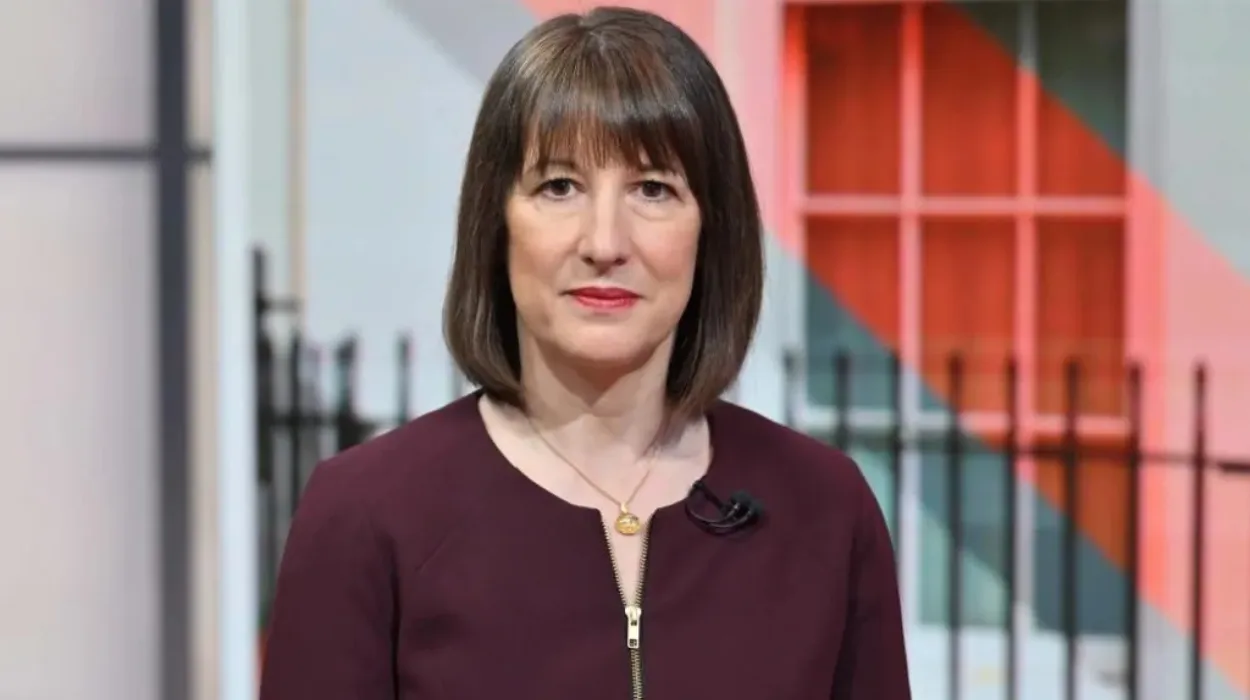UK (Parliament Politics Magazine) – Economists predict Chancellor Rachel Reeves may raise taxes or cut spending in March due to higher borrowing costs, following a public finance update.
Ms Reeves faced a setback on Friday as January’s tax receipts fell short of expectations, raising concerns ahead of her borrowing review.
What concerns have economic experts raised about public finances?
Following a public finance update, economists have raised worries that Rachel Reeves could be forced to increase taxes or cut spending in March, amid a sluggish UK economy.
Dennis Tatarkov, an economist at KPMG UK stated,
“The UK fiscal position remains a worry,”
Adding,
“If the chancellor remains committed to her fiscal targets, then the Spring Statement may need to contain more tax and spending changes.”
Another senior economic expert at Pantheon Macroeconomics, Elliott Jordan-Doak, said, “It appears that all the Chancellor’s headroom has gone.”
Mr Jordan added,
“We think the Chancellor will have to follow up spending curbs announced next month with tax increases in the Autumn Budget.”
Isabel Stockton, a research economist at the Institute for Fiscal Studies stated,
“The Chancellor faces a truly unenviable set of choices – none of which are made easier by the upward pressures on defence spending”.
The Chief Economist at the EY ITEM Club, Matt Swannell, warned that Rachel Reeves could be forced to enforce stricter budget measures next month to stay on track with her fiscal targets.
He said,
“If the OBR’s updated assessment shows that existing headroom has been used up, then more fiscal consolidation through tax rises or spending cuts may have to be announced in March.”
Nabil Taleb, an economist at PwC, stated that rising debt payments amid sluggish economic growth illustrate the fiscal challenge faced by the Chancellor.
He added,
“Higher debt servicing costs as a share of total revenues will leave the public finances more exposed to future economic shocks.”
An economist at the consultants Capital Economics, Alex Kerr, stated January’s figures
“will do nothing to reduce the chancellor’s challenges. Even before the ratcheting up of pressure on European governments to increase defence spending, the chancellor’s options ahead of the fiscal update next month were bleak.”
What did the ONS data reveal about public finances and borrowing?
The Office for National Statistics revealed that while public finances generally show a surplus in January due to annual tax bills, income tax and capital gains tax revenues were lower than anticipated.
Despite a record £15.4 billion surplus in January, it was below the £20.5 billion target set by the Office for Budget Responsibility.
The financial year has seen borrowing surge to £118.2bn, nearly £13bn above the October prediction by the Office for Budget Responsibility. The latest figures place borrowing at its fourth-highest point this year, underscoring the challenges for the Chancellor to stabilize the public finances.
How did Chief Secretary to the Treasury respond to January finances?
Darren Jones, Chief Secretary to the Treasury, commenting on the January finance figures, stressed the necessity to review “every pound spent, line by line,” for the first time in 17 years.
He stated this would ensure that
“every penny delivers on the country’s priorities in our plan for change.”
What did S&P Global’s latest survey reveal about UK businesses and job cuts?
S&P Global’s latest survey revealed that the UK private sector showed limited improvement this month, while job cuts increased, with businesses citing higher employment taxes as the cause.
The results of this poll differ from others, like the GfK consumer confidence report and a CIPD poll, which predicted a rise in hiring intentions and household spending in February.


